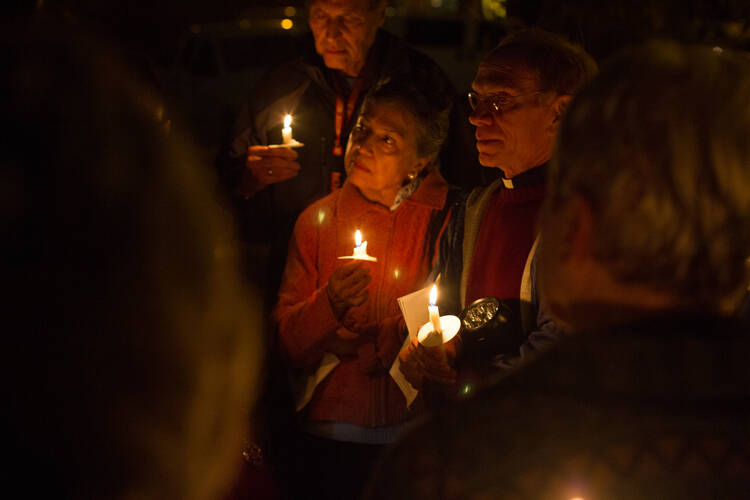D
do_justly_love_mercy
Guest

We’ve been bishops in 3 death penalty states. It’s time to stop federal executions for good.
A federal judge has placed federal executions on hold. Archbishop Paul S. Coakley, Archbishop Wilton D. Gregory and Bishop Frank J. Dewane write that we should turn back permanently from the path of death.
 www.americamagazine.org
www.americamagazine.org
America has published an eloquent open letter signed by Archbishop Paul S. Coakley, Archbishop Wilton D. Gregory, and Bishop Frank J. Dewane. The bishops both reiterate the Church’s unequivocal position on the death penalty in general and address its application in the United States in particular. This is a timely intervention at a moment when the federal government is seeking to resume federal executions while some within the Church, including in the United States, continue to dissent from the Church’s teaching.
Cited in the letter:
The new evangelization calls for followers of Christ who are unconditionally pro-life: who will proclaim, celebrate and serve the Gospel of life in every situation. A sign of hope is the increasing recognition that the dignity of human life must never be taken away, even in the case of someone who has done great evil. Modern society has the means of protecting itself, without definitively denying criminals the chance to reform (cf. Evangelium Vitae, 27). I renew the appeal I made most recently at Christmas for a consensus to end the death penalty, which is both cruel and unnecessary.
John Paul II, Homily, St. Louis (January 27 1999)
